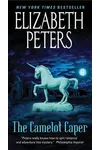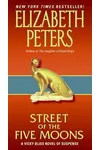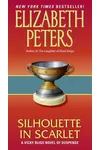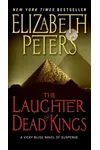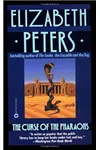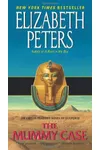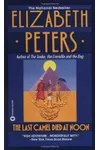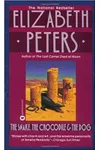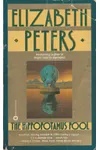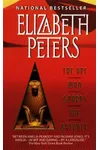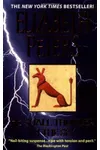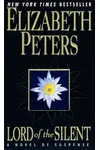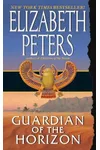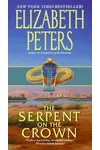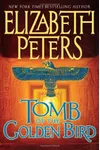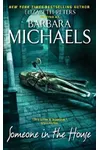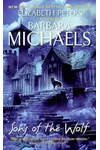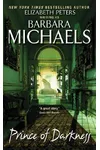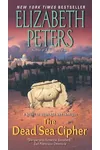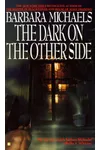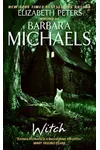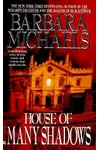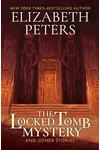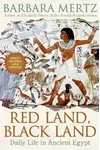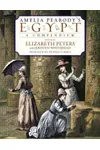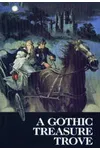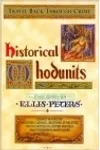Picture an American storyteller who spun mysteries as captivating as an ancient Egyptian tomb—meet Elizabeth Peters! Writing under a pen name, Barbara Mertz crafted a legacy of witty, historical mysteries that whisk readers from Victorian England to the sands of Egypt. Best known for her Amelia Peabody series, Peters blended her PhD in Egyptology with a knack for suspense and humor, creating stories that still enchant readers today.
With a career spanning over four decades, Peters didn’t just write books—she built worlds where strong heroines like Amelia Peabody solved crimes with brains and bravado. Her unique mix of archaeology, adventure, and charm earned her a devoted following and prestigious awards, cementing her as a titan of the mystery genre.
The Making of Elizabeth Peters
Born Barbara Louise Gross in 1927 in Canton, Illinois, Peters grew up with a love for reading, devouring Twain, Shakespeare, and Burroughs. Her passion for ancient history led her to the University of Chicago, where she earned a PhD in Egyptology in 1952, studying under John A. Wilson. Initially aspiring to be an archaeologist, she faced sexism in the field and turned to writing, publishing her first book in 1964. Adopting the pseudonym Elizabeth Peters—drawn from her children’s names, Elizabeth and Peter—she began crafting mysteries that reflected her scholarly expertise and lively wit.
Elizabeth Peters’s Unforgettable Stories
Peters’s most famous creation, the Amelia Peabody series, follows a fearless Victorian Egyptologist who solves mysteries alongside her dashing husband, Radcliffe Emerson. The series, starting with Crocodile on the Sandbank (1975), spans 19 novels and covers 1884 to 1922, blending historical accuracy with humor and romance. Amelia, inspired by real-life Egyptologist Amelia B. Edwards, is a feminist icon who wields an umbrella as deftly as her intellect.
Beyond Amelia, Peters penned the Vicky Bliss series, featuring a spirited art historian tackling international crime, starting with Borrower of the Night (1973). Her Jacqueline Kirby mysteries, like The Seventh Sinner (1972), showcase a librarian-turned-sleuth with a knack for unraveling secrets. As Barbara Michaels, she wrote gothic thrillers, but her Peters persona shone brightest, known for meticulous research, vivid settings, and strong, witty heroines.
Peters’s style is a delightful cocktail of suspense, historical detail, and playful banter. Her novels immerse readers in exotic locales, from Egyptian deserts to European castles, while her characters’ sharp dialogue keeps the pages turning. Each book feels like an adventure with a trusted friend, blending scholarship with storytelling magic.
Why Elizabeth Peters Matters
Elizabeth Peters redefined the historical mystery genre, proving women could lead with intelligence and independence. Her Amelia Peabody series inspired a wave of archaeologically themed fiction and earned her Grand Master honors at the Anthony (1986) and Edgar Awards (1998). Her books, still in print, continue to captivate new generations, and her creation of the Amelia Peabody Award at the Malice Domestic Convention underscores her influence. Peters’s legacy lies in her ability to make history thrilling, her heroines unforgettable, and her readers feel like co-conspirators in every mystery.
About Elizabeth Peters
- Born: September 29, 1927, Canton, Illinois
- Died: August 8, 2013, Frederick, Maryland
- Key Works: Crocodile on the Sandbank, The Last Camel Died at Noon, Borrower of the Night
- Awards: Agatha Award (1989, 2002), Grand Master at Anthony (1986) and Edgar Awards (1998)
Ready to uncover secrets with a Victorian sleuth? Snag Crocodile on the Sandbank and dive into Elizabeth Peters’s thrilling world of mystery and adventure!







